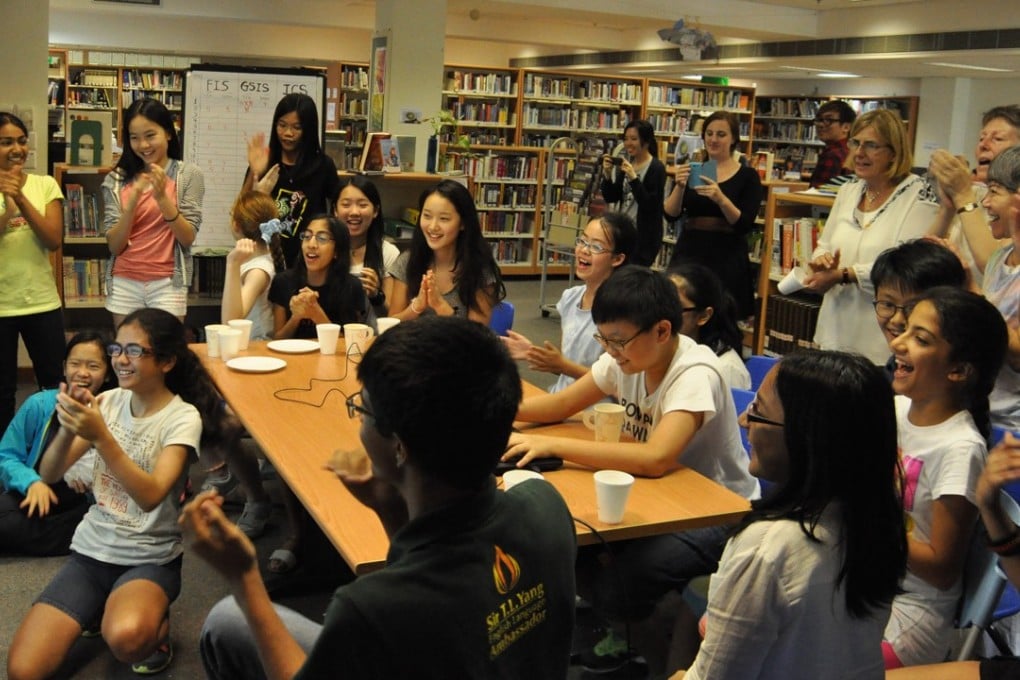How the IB encourages curiosity and why it is important in today’s world
Curriculum prompts students to ask questions and work in teams, as in real life

The International Baccalaureate (IB) Primary Years Programme (PYP) is designed to prepare students between the ages of three and 12 to be active participants in a lifelong journey of learning. It also focuses on the development of the whole child as an inquirer, in the classroom and in the wider world.
With its emphasis on inquiry around the globe, including Hong Kong, the IBPYP curriculum promotes creativity within an international context, and is increasingly popular with schools and parents.
The curriculum framework is built around six trans-disciplinary themes that focus on who we are; where we are in place and time; how we express ourselves; how the world works; how we organise ourselves, and sharing the planet.
Helen Thomson, vice-principal at English Schools Foundation (ESF) Wu Kai Sha International Kindergarten, says there is a wide scope for teaching and learning under the trans-disciplinary themes’ umbrella. Because of the breadth of the IBPYP “learner profile”, Thomson says the IBPYP framework allows children to become open-minded, balanced and knowledgeable thinkers.
“The IBPYP is not just about academic learning – it helps children become the people parents want them to become,” Thomson says. Her faculty colleague, Alli Brown, agrees. “The IBPYP gets children ready for the big, wide world,” the teacher says. Whether it is maths, languages or the creative arts, the IBPYP provides opportunities for children to explore and engage with topics that interest them, she says.
The IBPYP gets children ready for the big, wide world
“The IBPYP allows children to become the best they can be,” Brown explains. Even for young learners, the IBPYP curriculum requires students to ask questions, search for answers and to reflect on their findings, she adds.
